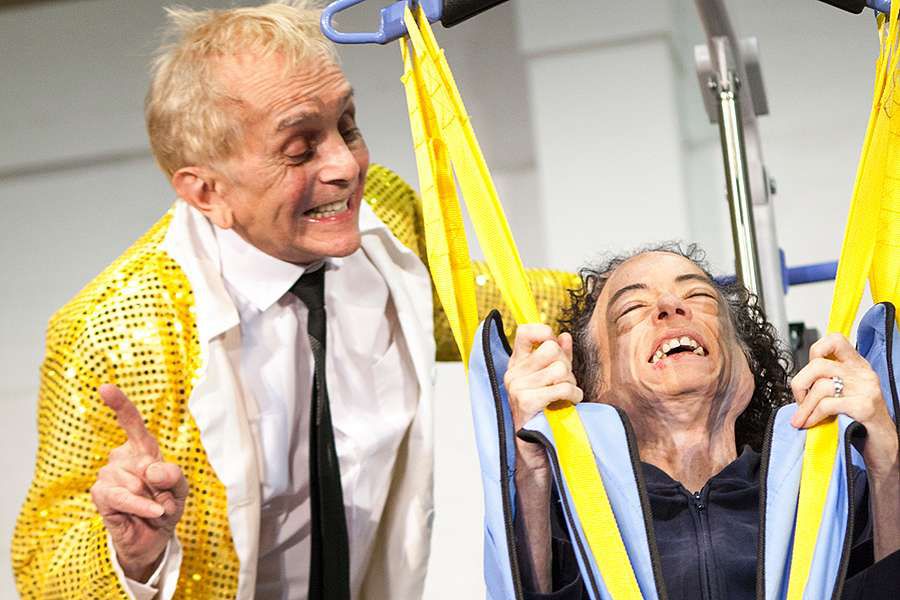London, England, Nov 27, 2016 / 03:48 pm (CNA).- Physician-assisted suicide has been a subject of controversy for several years, but Liz Carr is taking the issue somewhere it has never been before: the musical theatre.
Carr, a disabilities activist, comedian and actress, created a production entitled Assisted Suicide: the Musical, which has been staged at various English theatres this month. The musical is aimed at drawing critical attention to the downfalls of physician-assisted suicide, particularly its effect on marginalizing the disabled.
“I wanted to use musical theatre to look at this difficult subject with the lightness and the kind of heightened realism of musical theatre,” she said in a video interview with Unlimited, an initiative for disabled artists. “This musical, in a way, is my playground for…my thoughts on this subject, I have never seen this portrayed in culture — and I want to see that,” Carr continued, calling the musical colorful and vibrant.
Physician-assisted suicide has not been legalized in Carr’s home country of England, but it has gained traction in other countries including the Netherlands and Canada. The topic of assisted suicide has also made a splash in Hollywood, with the film Me Before You showing a young quadriplegic’s path to love and ultimately euthanasia.
In Carr’s mind, films such as these ignore both mental health issues as well as social barriers, which is why she wanted to create a piece for the performing arts that would faithfully narrate the reality of assisted suicide. “I’ve never seen a piece of art of theatre which expresses opposition to legalizing assisted suicide from a disabled person’s perspective — so I decided to try to rectify that,” Carr wrote in an article for the Guardian.
For Carr, the topic of euthanasia should be contrasted with presenting another way of life, where individuals with disabilities are valued and appreciated — not expected to die. Carr wanted to circulate this narrative to promote thoughtful reflection on what physician-assisted suicide means for the terminally ill and in particular, for the disabled. “Please, don’t wish death upon us because you feel pity for our condition,” she wrote.
Carr also suggested that physician-assisted suicide “has little to do with pain” and more to do with quality of life, which makes its legalization especially dangerous for those with disabilities. “In fact, loss of dignity, loss of autonomy, loss of ability to do daily activities, and fear of being a burden — reasons which are essentially more about the realities of living with a disability in our society — are all more important than pain.”
Carr’s musical was a sold-out production, premiering on the first anniversary of Parliament’s defeat of physician-assisted suicide. According to Unlimited’s site, the musical was laced with provoking “notions of choice, dignity, compassion and quality of life through music, comedy, spectacle and shared humanity.”
Now, Carr hopes the production will encourage education and debate about the realities of euthanasia legislation. Legalizing some forms of suicide, she said, “does not mean that when a fellow human being — disabled or abled — expresses the wish to die…that we should agree with them. The value of a life is not just in its physicality but in our relationships with those around us.”

